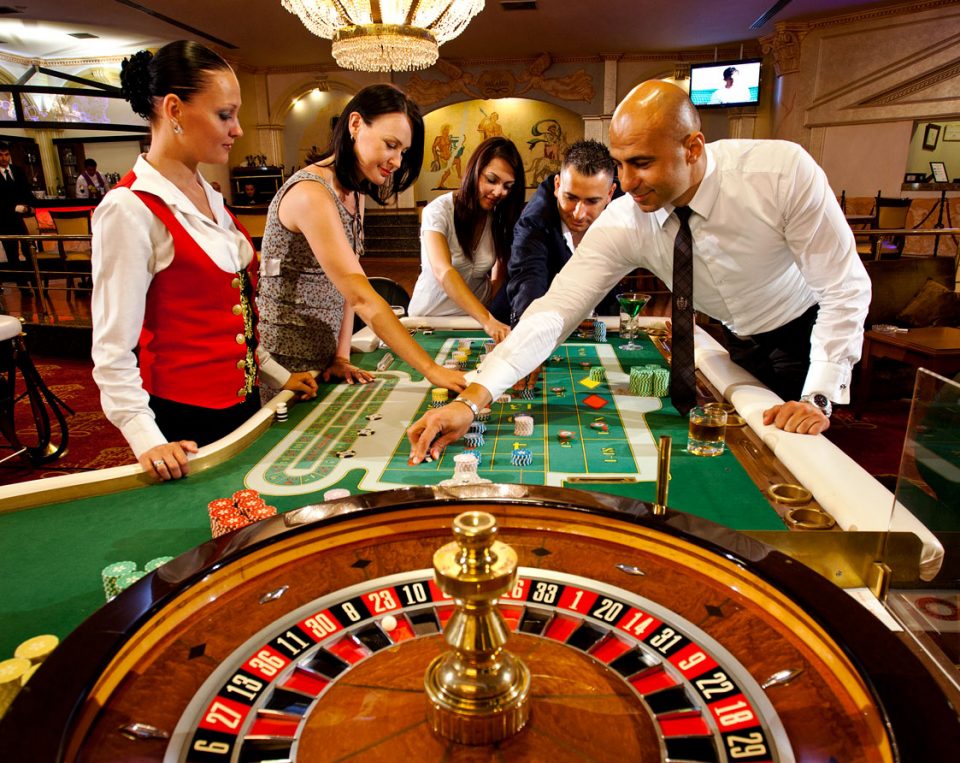
When walking towards this lively universe of betting establishments, players are often greeted by a whirlwind of adrenaline and vitality. Ranging from the twirling wheel of fortune to the shuffling of cards in the popular card game, the setting is electrifying. Nonetheless, for many newcomers, finding your way through the various games of chance can be overwhelming. Understanding the particular jargon used in these games is key for improving your experience and making smart decisions at the gaming tables.
Casino games come with their own specific set of terminology that can be both captivating and, at times, overwhelming. Knowing terms like "funds," "in the money," or "house edge" can noticeably improve your strategies and allow for a more satisfying experience. This resource seeks to demystify the lingo of the gaming world, helping both new players and experienced players become more at home in the exhilarating world of casinos. Whether you intend to test your fortune at a slot machine or challenge yourself at a table, getting acquainted with the jargon will surely be beneficial.
Common Casino Terms
When moving through the realm of gambling activities, a solid understanding of the terminology can improve your engagement and boost your gameplay. casino en ligne france fiable One of the commonly used terms is "house edge," which denotes the numerical advantage that a gambling house has over the participants. This edge makes sure that, over time, the casino will always make a return from the games. It differs by type of game; for instance, slot machines generally have a larger house edge in comparison to games like 21 or poker, where strategy can lower the house’s edge.
Another key term is "wagering limit." This refers to the smallest and greatest amounts that participants can bet on a specific game or station. Wagering limits are set to ensure that gaming remains fun and within the financial means of all players. Comprehending the betting limits is essential for players to oversee their bankroll efficiently. Whether you are a high roller or prefer smaller stakes, knowing the caps can influence your strategy and overall satisfaction.
Lastly, the phrase "payout" is key when talking about gambling activities. Payout refers to the amount of money a gambler can get when winning a wager, often expressed as a ratio or percentage of the original wager. Distinct activities have different payout structures, and understanding how they operate can help gamblers in deciding wisely about where to place their money. It is important to seek activities with positive payouts to increase winning potential while relishing the excitement of the gaming scene.
Game-Specific Jargon
Every gambling game has its unique set of jargon which participants use for communicate strategies, outcomes, and play elements. For instance, in blackjack, the term "bust" refers to a player exceeding a total of 21, causing an automatic loss. Players frequently employ terms like "hit" when ask for another card and "stand" when decide to keep their present hand. Familiarity with these phrases is essential for novice participants to manage the game efficiently and interact in dialogues with more experienced participants.
In the game of poker, you will face terminology often is very particular to the form currently played. Terms such as "flop," "turn," and "river" denote the shared cards distributed in the Texas Hold’em variant. A "bluff" means tricking opponents about the strength of one’s hand, while "all-in" denotes a player betting their entire stack of chips. Being familiar with these phrases is crucial to engaging in the game and provides players an advantage when it comes to strategy and wagering strategies.
Slot machines, although easier than table games, have their terminology as well. Phrases like "payline" and "reels" refer to the basic elements of the game. A "jackpot" indicates the highest payout a player can receive, often achieved by means of a unique combination of icons. Players may also refer to "bonus rounds" as unique features in the game capable of enhance winnings or provide additional gameplay opportunities. Knowledge with this jargon can enhance the pleasure and understanding of slot machines.
Betting and Payouts Vocabulary
Grasping the terminology related to betting and winnings is important for mastering gambling activities. Gambling refers to the act of making a stake on the outcome of a game. Each game has its own least and maximum bet limits, which can vary greatly depending on the casino and kind of game. Understanding these thresholds can help players manage their funds wisely and choose games that suit their gambling approach.
Winnings are what players receive when they win a wager, and understanding the payout structure is crucial for making smart gambling choices. Different gambling activities have varying payout rates, often expressed in units of probabilities or rates. For instance, one-armed bandits may provide set payouts, while gaming tables like 21 might have intricate reward systems based on the kind of wagers placed. Getting accustomed with these structures can improve the gaming experience and plan for optimal results.
Concepts like house edge and return to player also are important in the understanding of payouts in gambling games. The casino advantage represents the casino’s built-in advantage over players, affecting overall winning chances. On the other hand, RTP, commonly abbreviated as Return to Player, indicates the percentage of wagered money that a activity is designed to pay back to gamblers over time. These ideas help players make smarter choices about where place their bets and understand the probabilities they are facing.